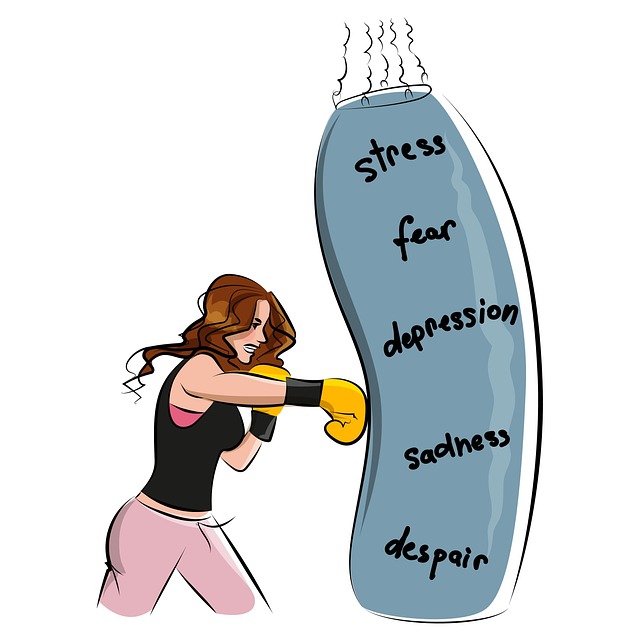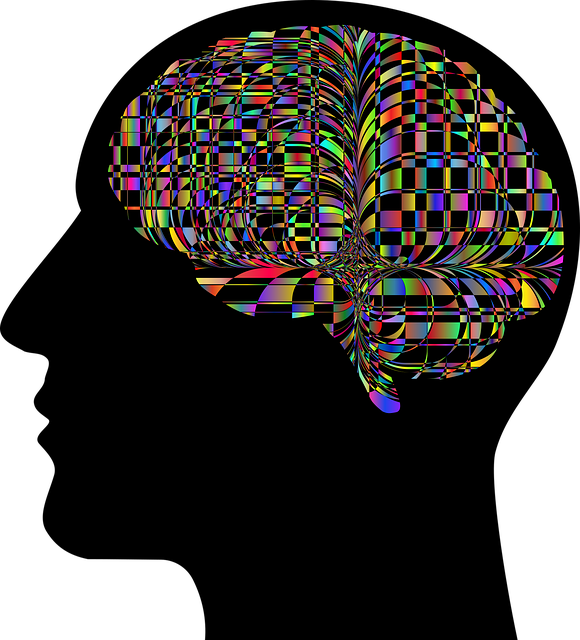Therapy focuses on emotion regulation techniques for both adolescent teens and couples facing communication challenges, improving mental health and well-being. For teens, therapy teaches healthy expression of feelings and mood management to enhance relationships. In couples, open communication and positive thinking strengthen bonds by constructively managing conflicts. Mindfulness, cognitive restructuring, and acceptance-based approaches are integrated into sessions, empowering individuals with long-lasting coping strategies for better emotional regulation and healthier connections.
Emotion regulation is a vital skill, especially for adolescents and couples navigating turbulent relationships. This article delves into the intricacies of understanding and teaching emotion regulation techniques tailored to these groups. We explore common communication issues in adolescent relationships and provide practical strategies for effective regulation. Furthermore, we discuss integrating therapy for lasting change, offering valuable insights for professionals and caregivers supporting young individuals and couples. By addressing these topics, we aim to enhance emotional well-being through evidence-based practices.
- Understanding Emotion Regulation for Teens and Couples
- Common Communication Issues in Adolescent Relationships
- Teaching Effective Regulation Techniques
- Integrating Therapy for Lasting Change
Understanding Emotion Regulation for Teens and Couples

Emotion regulation is a crucial skill for teens and couples to master, as it plays a pivotal role in their overall mental health and well-being. For adolescents, learning to manage emotions is essential during a time of significant physical, cognitive, and social changes. Therapy for adolescent teens often focuses on helping them understand and express their feelings healthily. By teaching emotional intelligence, mental health education programs design tailored to this age group can empower teens to navigate their moods, leading to improved relationships and academic performance.
In couples, effective communication is the cornerstone of healthy emotion regulation. When partners can openly discuss their emotions and needs, it fosters understanding and strengthens the bond. Mind Over Matter principles emphasize the power of positive thinking in managing stress and anxiety. Incorporating these mindset shifts into therapy sessions for couples can help them respond to conflicts constructively, enhancing their overall relationship satisfaction.
Common Communication Issues in Adolescent Relationships

Adolescent relationships often present unique challenges when it comes to communication, which can significantly impact an teen’s emotional well-being. Many young individuals struggle with expressing their feelings and needs effectively, leading to misunderstandings and conflicts. This is partly due to the ongoing brain development during adolescence, affecting decision-making and impulse control. As a result, impulsive responses and difficulty in empathizing with others may arise, hindering open dialogue.
Therapy for adolescent teens often involves addressing these communication issues within couples or relationships. Mental health professionals can teach valuable communication strategies through therapy sessions, focusing on active listening, assertive expression, and emotional labeling. Risk management planning, including self-care practices, is also integral to helping teens regulate their emotions during interactions. By mastering these skills, adolescents can navigate interpersonal challenges more effectively, fostering healthier connections and enhancing overall mental health.
Teaching Effective Regulation Techniques

Teaching effective emotion regulation techniques is a crucial aspect of therapy for adolescent teens and couples dealing with communication issues. By integrating strategies such as mindfulness, cognitive restructuring, and acceptance-based approaches, mental health professionals can empower individuals to navigate their emotions more effectively. These techniques are often tailored to suit different needs, ensuring that each person receives guidance relevant to their unique challenges.
Public Awareness Campaigns and Mental Health Education Programs Design play a significant role in promoting these skills. Through workshops, online resources, and interactive activities, individuals can learn to recognize triggers, manage intense feelings, and foster emotional resilience. One powerful tool is Mental Wellness Journaling Exercise Guidance, which encourages self-reflection and provides a safe space for teens and couples to express their emotions. This practice not only enhances public awareness but also fosters personal growth, enabling participants to take charge of their mental health and well-being.
Integrating Therapy for Lasting Change

Integrating therapy into emotion regulation techniques for adolescent teens and couples with communication issues is a powerful approach to fostering lasting change. When tailored to individual needs, this holistic method goes beyond addressing symptoms to empower individuals with long-lasting coping strategies. Mental health professionals play a crucial role in evaluating risk factors through comprehensive assessments, ensuring safety and guiding clients towards positive transformation.
This process involves not only treating the present challenges but also nurturing self-care routines for better mental health. By incorporating techniques that enhance self-esteem improvement, individuals learn to navigate their emotions effectively while building resilience. Such an integrated therapy approach fosters a sense of agency, enabling teens and couples to break free from recurring patterns and embrace a more fulfilling life.
Emotion regulation techniques, when taught effectively, can significantly improve communication and relationship dynamics among adolescent teens and couples. By addressing common communication issues and integrating therapy, individuals can navigate emotional challenges with greater resilience and understanding. These strategies not only enhance self-awareness but also foster healthier interactions, ultimately leading to lasting personal growth and stronger connections. For adolescents and couples seeking support, exploring these techniques can be a transformative game-changer in managing emotions and strengthening relationships.









